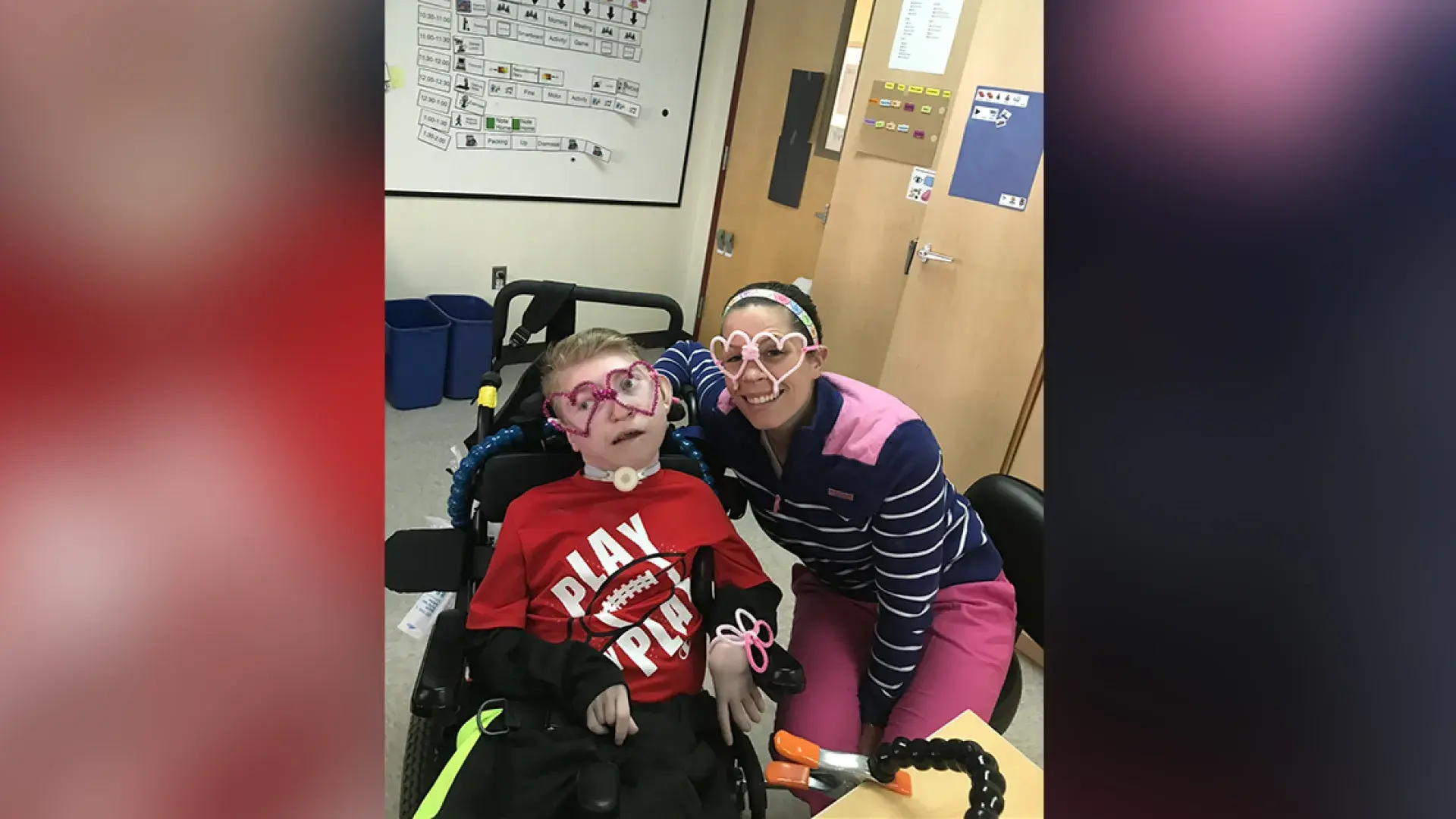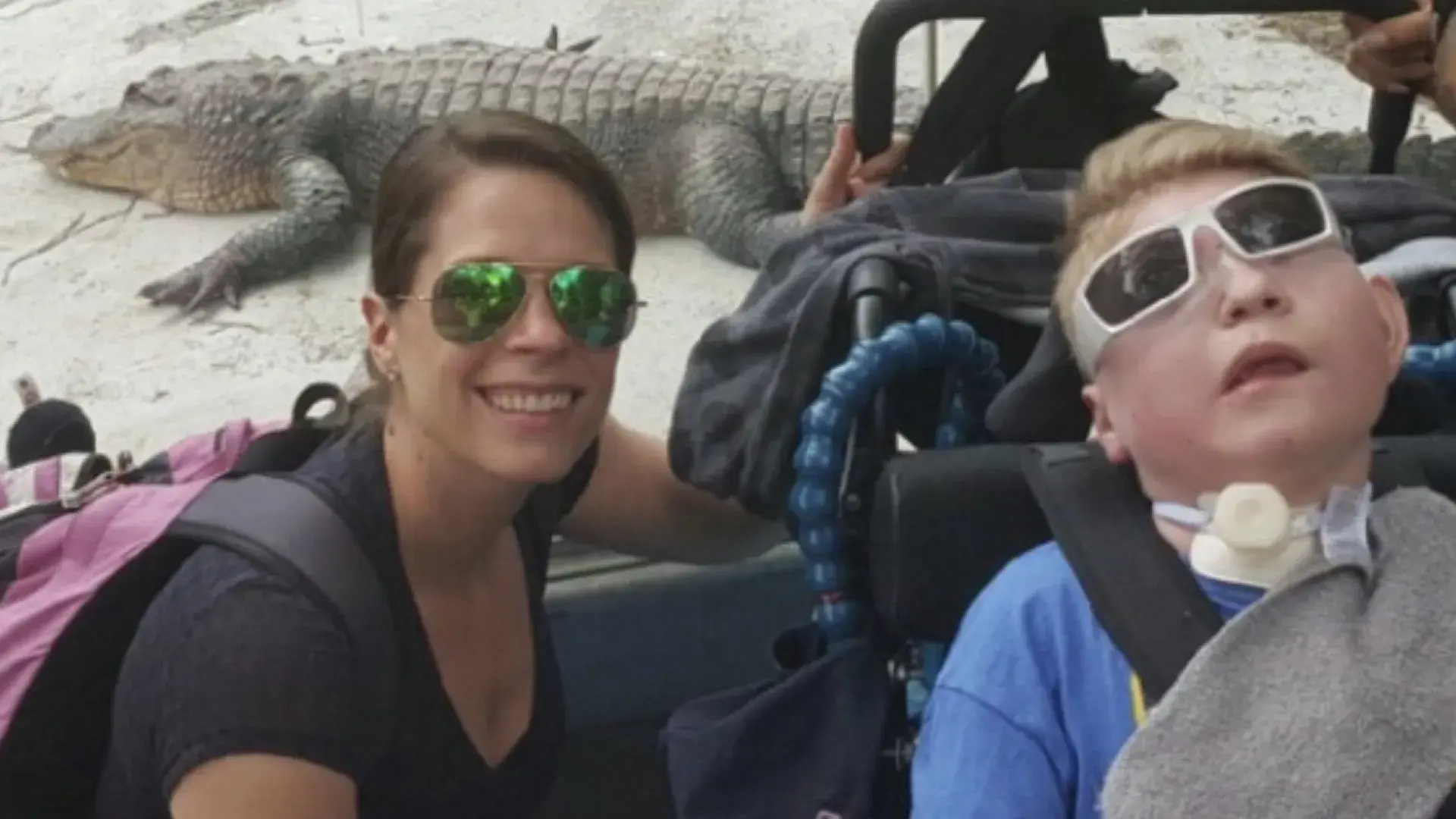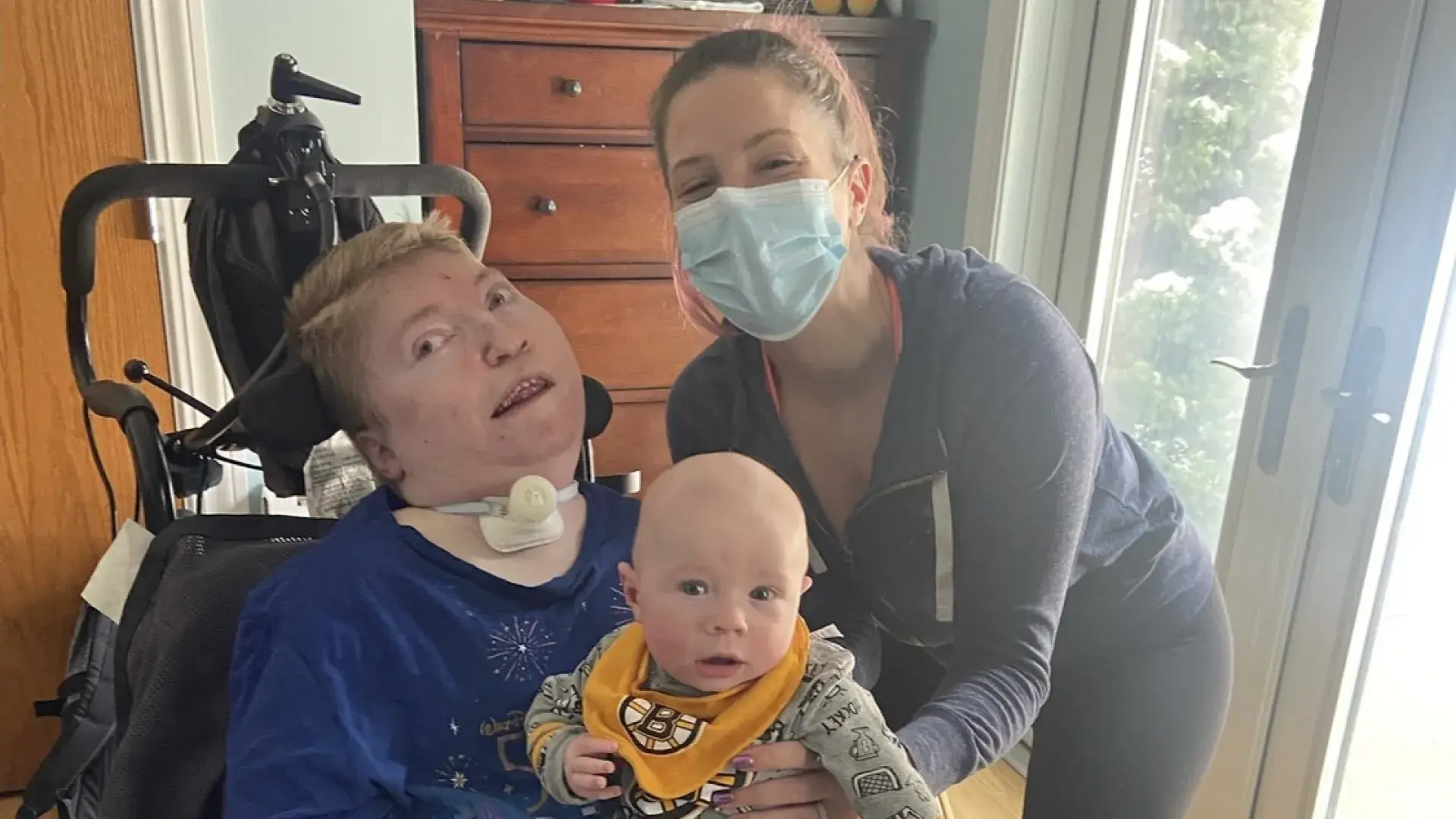
Two-year MassHealth funding will prepare 140 nurses to treat patients in their homes
Just months after being awarded a multi-million dollar grant from the federal government to train nurse educators, the MGH Institute is beginning work on a $1.1 million award funded by the Commonwealth of Massachusetts that will train nurses to treat MassHealth members with medical complexity in their home.
Administered by the Executive Office of Health and Human Services, the $1.1 million award will train 140 nurses over two years to go into homes and provide care for children and adults who require intensive, continuous skilled nursing support in order to remain at home. The money will begin to fill the gaps in complex home care exacerbated during the pandemic.
“Just like nurses in the hospital, this nursing specialty wasn't protected from burnout and attrition during the pandemic. This made an already established shortage of nurses in this specialty area even worse, meaning more parents and home caregivers had to quit their jobs to care for their loved ones, or they had to move their loved one to a residential care setting earlier than anticipated,” said Associate Professor Brenna Morse, the principal investigator who wrote the application for this competitive award. “Having nurses to do this important work keeps people with complex conditions in their own communities, growing up in their home, seeing their families, strolling around town, and going to barbecues. In a hospital or long-term care home, it’s a little harder to keep that connection and that personal level of care.”
Approximately 900 MassHealth recipients in the Commonwealth receive these kind of intensive nursing services so that they can stay in their home and avoid living in an institutional setting. But thanks to advances in medical care and technology, those numbers are on the rise. Babies born with complex conditions are now surviving, which leads to a growing need for care through their life span.



